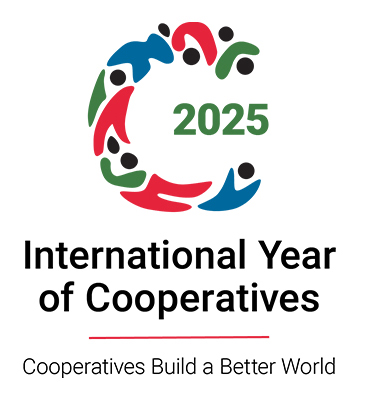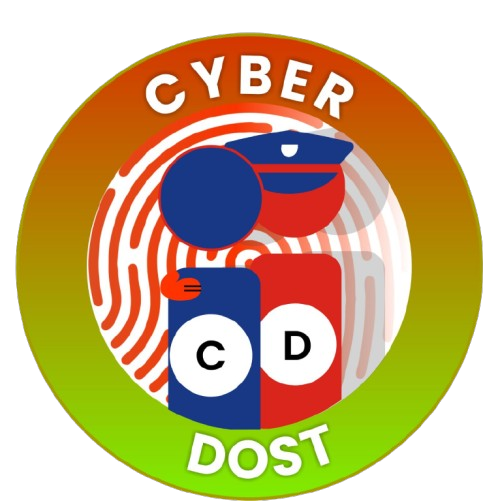SWARN JAYANTI SHAHARI ROZGAR YOJNA
1.Identification of Beneficiaries: Only those identified and listed on the basis of survey as suggested under Annexure-I.
2. Eligibility: Urban poor living below the poverty line, in any city/town.
3. Age: Should be of minimum, 18 years at the time of applying for Bank Loan
4. Residency: Residing in the town for at least three years.
5. Defaulter: Should not be a defaulter to any nation nalized bank/financial institution/cooperative bank.
6. Nature of Activities : An illustrative list of activities is as follows:
- Town services requiring no special skills: Tea shop, Newspaper/magazine shop, Ice cream vendor, Milk Vendor, Pan/Cigarette shop, Fruit/Vegetable vending Laundry work, Rickshaw pulling etc.
- Town services requiring special skills: Repairing of radio/TV/refrigerator/air cooler/air conditioner/ mobile phone/cycle;/automobile/diesel engines/pump /motor/watches/electrical/ electric domestic appliances; Catering, Dry cleaning. Furniture repair, Motor winding. Shoe repair, book binding as well as skills pertaining to House construction/upgradation such as plumbing, carpentry, masonry, painting and polishing, tile laying, glass pane fixing, electrical installation, etc.
- Micro-manufacturing units requiring skills: Making/manufacturing of washing powder, agarbatti, bangles, garments, plastic toys, footwear, wooden/steel furniture, sarees printing, weaving, pottery black smithy, utensil/steel fabrication, food processing ball pen making etc.
- Assistance should also be made available under agricultural and allied activities/small scale services/small business activities e.g. general merchant shop, kirana shop, building materials shop, readymade garments shop, dairy units, etc.
- No training should be required if the beneficiary has already undergone training in a skill/trade from a known institution, registered NGO/VO, provided requisite certificate is produced to that effect.
- Training should also not be necessary if the beneficiary has learnt the activity such as pottery making, cobbler, carpentry, iron smithy etc. from heredity/other sources. This aspect should however be certified by ULB before recommending/forwarding application to bank.
- Training should also not be necessary if a beneficiary has learnt a particular trade from private/public registered company, as apprentice or employee; certificate from the private/public registered company will have to be submitted.
7. Project cost: The maximum unit project cost for individual cases can be Rs. 2,00,000/- If two or more eligible persons join together in a partnership, the project with higher costs would also be considered provided share of each person in the project cost Rs. 2,00,000/- or less.
8. Subsidy: Subsidy would be provided at the rate of 25% of the project cost subject to a ceiling of Rs. 5,00,000/- per beneficiary. In case more than one beneficiary join together and set a project under partnership, subsidy would be calculated for each partner separately.
9. Margin Money: Each beneficiary is required to contribute 5% of the project cost as margin money in cash.
10. Loan (inclusive of subsidy): 95% of the project cost would be made available by Banks (25%) Subsidy amount and 70% of t6he project cost as Loan sanctioned by bank at the rate of interest applicable to such priority sector lending fixed by the Reserve Bank of India, from time to time). The interest will be charged only on the loan amount.
11. Collateral Guarantee on Bank Loans: The loans would not require any collateral guarantee. Only assets created under the programme would be hypothecated/mortgaged/pledged to the bank advancing the loans.
12. Repayment: Repayment schedule ranges from 3 to 7 years after Initial moratorium of 6 to 18 months as decided by Bank.
The CDS/Town/UPA Cells will extend help to banks for ensuring regular repayment of loans as per rules.


 District Magistrate (Central)
District Magistrate (Central) 


